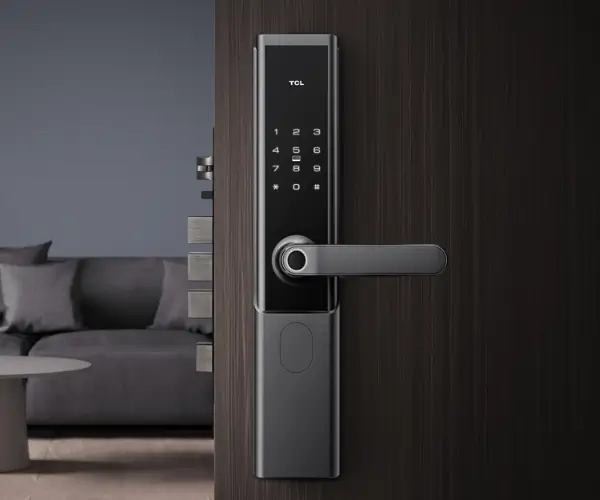In the bustling universe of robotics, automation, and precision engineering, mini servo motors have carved out a niche that’s both functional and inspiring. These tiny marvels of engineering are the heartbeat behind countless applications—from tiny drone controls to intricate robotic arms, from camera gimbals to sophisticated medical devices. But as with any component, understanding their price tags can seem as complex as assembling the final product itself. So, what exactly influences the “mini servo motor price,” and how can you navigate the seeming sea of options to find the perfect balance between cost and performance?

First, let’s set the scene: a mini servo motor is a compact, electrically powered actuator designed to provide precise rotational movement. Its small size is what makes it particularly appealing—compactness offers versatility in tight spaces, and its efficiency makes it a favorite among hobbyists and professionals alike. But that tiny size doesn’t come without factors that influence cost.
Quality and Material Build One of the most significant determinants of price is the quality of materials used. High-grade metals for gear trains, superior insulation for internal windings, and durable casings all add a premium but ultimately ensure longevity and performance. Cheaper servos might use plastic gears or lower-grade components, which might suffice for basic tasks but fall short in demanding applications.
Motor Type and Performance Specifications Mini servo motors come in various types—coreless, brushless, and brushed motors being the most common among small sizes. Brushless motors, known for their power efficiency and longer lifespan, often command higher prices but may be justified in high-precision or industrial applications. Power ratings, torque, speed, and positional accuracy also push up or down the price. For instance, a mini servo offering 10 kg/cm of torque with a speed of 0.12 seconds per 60° will generally be more expensive than a model with lower specs.
Manufacturing Origin and Brand Reputation Brand plays a subtle yet impactful role in pricing. Renowned brands with a history of quality assurance and reliable supply chains tend to set higher price points. Conversely, lesser-known or generic brands, often sourced from major manufacturing hubs like China, may offer budget-friendly options. But be cautious—sometimes, cheaper doesn’t mean better value, especially if you need longevity and consistent performance.
Technology and Features Advancements in servo technology—such as digital control, better positional sensors, or integrated feedback systems—make a big difference. Digital servos, which process signals in real-time and offer finer control, usually come at a premium. Features like metal gears for enhanced durability or waterproofing also add to the overall cost but could be vital depending on your project’s environment.
Production Volume and Supply Chain Economies of scale influence pricing significantly. Large manufacturers producing thousands of units can reduce costs through mass production, passing some savings on to consumers. Conversely, niche or specialized supply chains might see higher prices due to limited production runs and logistical complexities.
Market Demand and Application The market dynamics also shape prices. Hobbyist-grade servos may be priced lower due to mass appeal, while industrial-grade miniature servos designed for robotic arms or aerospace applications reach into higher brackets. If a component is in high demand, especially during supply shortages, prices might spike temporarily.
Now, you might wonder: how do you find the best mini servo motor for your budget? Whether you’re setting up a robotic project, a drone, or a medical device, balancing price and quality is key. It’s tempting to go for the cheapest option, but this often leads to sacrificing durability and precision. On the other hand, a high-end servo might offer features you don’t need, pushing the price beyond your budget.
To compare prices effectively, consider what your project truly requires. For instance, hobbyists working on simple remote-controlled cars or boats might settle for a servo costing a few dollars—adequate for light-duty tasks. Meanwhile, a professional robotics engineer designing a delicate surgical instrument would need a high-performance mini servo at a substantially higher price point, often accompanied by certifications and guarantees.
One efficient way to navigate this terrain is to compile a feature-to-price comparison chart. List the key specifications you need—torque, speed, gear type, control type—and then sift through options that match or exceed your needs while staying within budget. Don’t forget to factor in shipping costs, import duties, and after-sales support, especially when considering international brands or direct-from-manufacturer purchases.
In the end, while price is a decisive factor, it should always be evaluated alongside quality, application requirements, and long-term reliability. Remember, a slightly higher upfront investment in a reputable mini servo motor could save you money and frustration down the line, preventing frequent replacements or performance issues.
As the market for mini servo motors continues to grow, new innovations and competitive pricing are constantly reshaping the landscape. Whether you’re a hobbyist set on a tight budget or a professional seeking the best possible specs, understanding what influences the “mini servo motor price” empowers you to make smarter, more informed choices—turning the seemingly small act of selecting a servo into a strategic decision with big implications.
Established in 2005, Kpower has been dedicated to a professional compact motion unit manufacturer, headquartered in Dongguan, Guangdong Province, China.




































